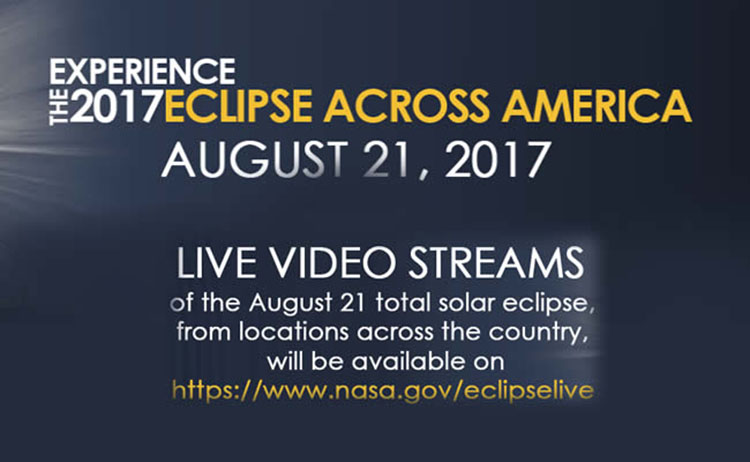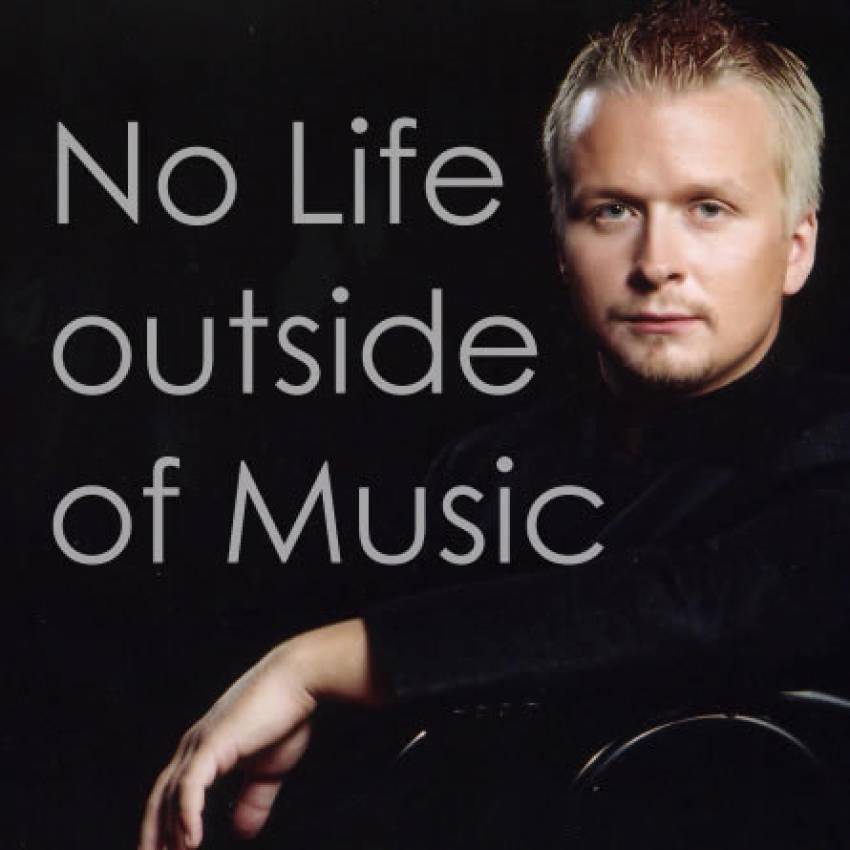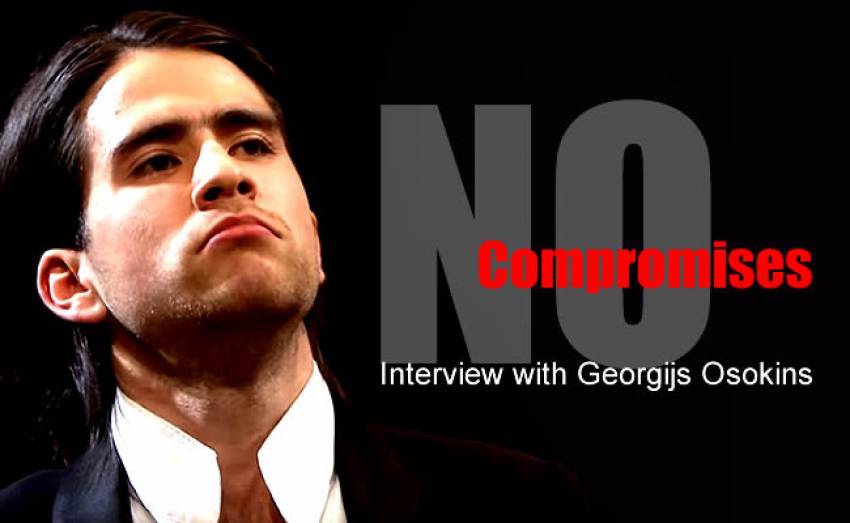https://eclipse2017.nasa.gov/
10 Places To Watch The Solar Eclipse In Georgia
On Aug. 21, we will be able to witness a historical event — the first solar eclipse visible to the continental United States in the past 38 years, according to NASA.
The eclipse’s totality — the path of the moon’s shadow cast upon the Earth — will cross straight through the country and even clip the northeast corner of Georgia.
Here in metro Atlanta area, we will only see a partial solar eclipse. But, if you're ready to travel (and, in some cases, have planned way ahead) Union and Rabun counties are in the path of totality.
With the proper gear, you can simply step outside your home to watch the eclipse or join a viewing party at a local science center or university.
Just a warning, though, do not look directly at the eclipse without special-purpose solar filters (eclipse glasses). You can find more info on the glasses and the five verified manufacturers here. You can also pick up free glasses at some of the venues listed below while supplies last.
Metro Atlanta/Atlanta area:
Georgia Institute of Technology
Time: 1-4 p.m.
Visibility: 97 percent
Peak darkness: 2:36 p.m.
Starting at noon, eclipse glasses will be distributed on campus, but supplies are limited. The college suggests that viewers share their glasses with their friends, so everyone can enjoy the experience.
In addition to the viewing, which will be held at the Kessler Campanile, the Georgia Tech observatory will be live-streaming a video of the eclipse. Astronomy-themed snacks and activities will also be available.
Georgia State University
Time: 1–4 p.m.
Visibility: 97 percent
Peak darkness: 2:36 p.m.
Free eclipse glasses are available while supplies last.
Visitors can come to 25 Park Plaza to see close-up views of the sun before, during and after the eclipse using telescopes.
In the conference room above 25 Park Place, Room 223, you can watch live video streams from NASA and Rabun Gap-Nacoochee School, where the totality can be seen. You’ll be able to see the eclipse regardless of Atlanta’s weather.
Fernbank Science Center
Time: Noon-4 pm.
Visibility: 97 percent
Peak darkness: 2:36 p.m.
The Fernbank Science Center will set up filtered telescopes outside and pass around eclipse glasses for safe viewing. The planetarium will also host programs throughout the day. Admission is free, and astronomers will be on site to explain the science behind the phenomenon, the Facebook event says.
Outside Metro Atlanta:
Chattahoochee Nature Center
Time: Viewing starts at 2 p.m.
Visibility: 98 percent
Peak darkness: 2:36 p.m.
Chattahoochee Nature Center will be providing eclipse glasses while supplies last.
Tellus Science Museum
Time: 1-4 pm.
Visibility: 97.7 percent
Peak darkness: 2:35 p.m.
Inside the Tellus theater, you can watch a live video of the eclipse with Tellus astronomer David Dundee and WSB-TV meteorologist Glenn Burns. Outside, you can safely see the eclipse in the observatory and on the museum lawn using smaller telescopes. This event is free for museum members, but non-members will have to pay regular admission. You can also purchase eclipse glasses from the Tellus store.
University of West Georgia
Time: 1-4:30 p.m.
Visibility: 95 percent
Peak Darkness: 2:35 p.m.
You can observe the eclipse from inside the university’s observatory. According to a press release, UWG is providing 10,000 eclipse glasses to its students and 20,000 glasses to Carrollton and Carroll public school students.
University of Georgia
Time: 1-4 p.m.
Visibility: 99 percent
Peak darkness: 2:38 p.m.
UGA is opening the Sanford Stadium for the public eclipse viewing. There will also be learning activities, special guests and giveaways. The first 5,000 guests will receive free, UGA-themed eclipse glasses.
In the Path of Totality
Rabun County
Time: 11 a.m.-4 p.m.
Rabun Gap-Nacoochee School is providing a venue to watch the totality as it crosses over Georgia. Activities, music and food will also be available to guests. Tickets are $5 per person and can be purchased online. Guests are encouraged to bring lawn chairs and blankets.
Union County
Union County is full of eclipse-viewing parties and festivals that are listed on the Chamber of Commerce’s website. Eclipse glasses and T-shirts can be purchased from the Chamber’s welcome center.
State Parks
There is still time to enjoy the eclipse at a state park. Although cabins and campsites have been booked for months, there is still room available for last-minute planners. Georgia Department of Natural Resources has posted available locations and times on its website.

















